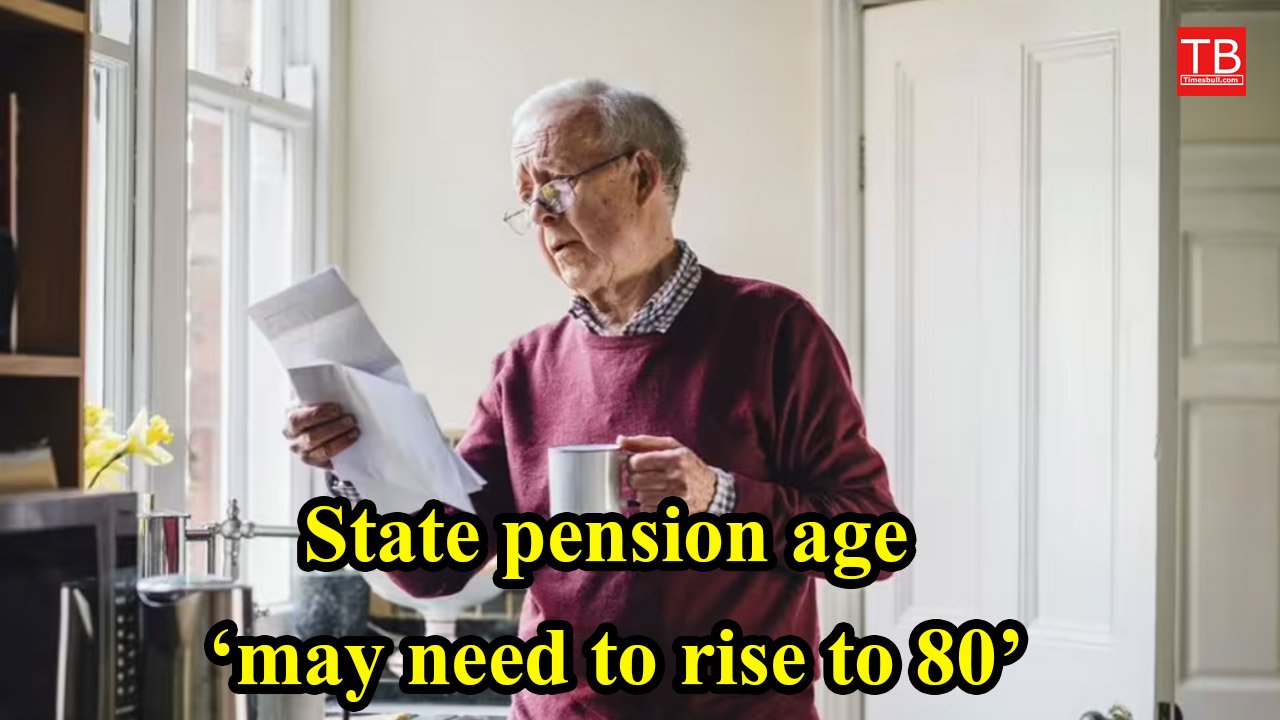The future of Britain’s state pension system is once again in question. Experts warn that as people live longer, pension spending could spiral out of control. Some even believe that if immediate reforms are not made, the state pension age may have to be raised to 80.
Rising Expenses Raise Concerns
Currently, the state pension age is 66, scheduled to be raised to 67 between 2026 and 2028 and to 68 by 2046. However, many experts believe this deadline could come sooner.
The real challenge is economic. The Office for Budget Responsibility (OBR) estimates that annual state pension spending could reach £200 billion by 2073, accounting for 7.7% to 8.4% of GDP. Rising age and the government’s “triple lock” guarantee are further exacerbating this burden.
Flood warnings in place across Greater Manchester overnight after hours of torrential rain
Under the Triple Lock, pensions are increased annually based on inflation, wage increases, or 2.5%—whichever is higher. This is beneficial for the elderly, but places a significant burden on the public treasury.
Experts warn: “This is absolutely unmanageable.”
Jack Carmichael, a pension expert at Barnett Waddingham, says the OBR’s estimates underestimate the real challenge. If the life expectancy gap between different economic classes narrows, spending could increase by an additional £8 billion each year.
He said, “If spending is to remain stable as a proportion of GDP, the pension age limit may have to be raised to 80 years. Even with current estimates, spending would increase by almost half. This is absolutely unmanageable.”
Calls for reform intensify
Other experts also believe that the pension system will begin to outstrip income in the coming decade. Rachel Toohey, head of public policy at AJ Bell, says the government can no longer postpone further reform.
He explained, “Currently, state pension benefits account for more than 80% of the £175 billion pensioner welfare bill. Under current circumstances, spending will rise from 5.2% of GDP to nearly 8% over the next 50 years. The government has limited options—either raise the pension age quickly or reconsider the triple lock.”
What’s next?
The government is already reviewing the pension system. But raising the pension age sharply or eliminating the triple lock would be politically risky. Nevertheless, given the rising age and skyrocketing costs, experts believe change is now inevitable.
UK pension savers urged not to withdraw cash due to budget ‘fear and rumour’
People also ask
1. Will the UK pension age really rise to 80?
This isn’t officially the case yet. Under the current plan, it will be raised to 67 by 2028 and 68 by 2046. However, experts say that if reforms are not made, the age limit could reach 80.
2. What is the triple lock?
It guarantees that pensions will increase annually based on inflation, wage growth, or 2.5%—whichever is higher. This protects the income of older adults, but significantly increases costs.
3. Why are pensions becoming unaffordable?
Because people are living longer, meaning pensions have to be paid for longer. Furthermore, the triple lock increases costs every year. It is estimated that the pension bill will reach £200 billion by 2073.
4. What options does the government have?
The main options are raising the pension age sooner, amending the triple lock, or raising funds by collecting higher taxes and contributions from employees.
